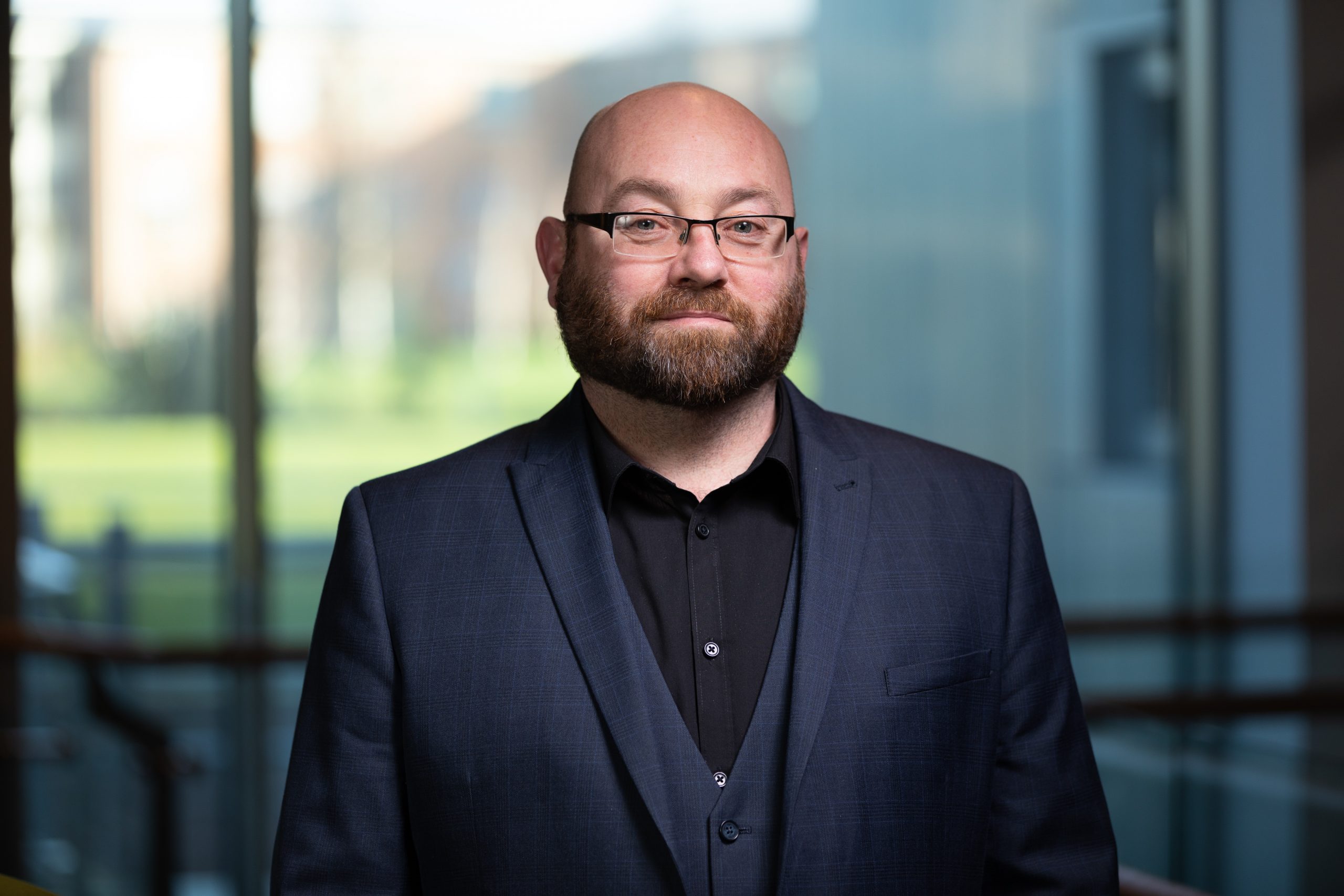
It’s vital to include athletes with lived experience of abuse when shaping the future of safeguarding in sport, an industry expert has told politicians.
Professor Mike Hartill, Director of Edge Hill University’s Centre for Child Protection & Safeguarding in Sport (CPSS), was invited to speak before the All-Party Parliamentary Group on Sport, Modern Slavery, and Human Rights as part of a discussion on protecting athletes from abuse and the right to a remedy.
He said: “On the back of our research project, Sport England established a panel composed of people with lived experience of abuse in sport.
“It is absolutely essential that we don’t just listen to athletes with lived experience, but that we include them.
“It’s a small first step and I would like to see a lot more of it.”
Together with colleagues, Professor Hartill recently surveyed more than 10,000 18- to 30-year-olds in six European countries with an average age of 24. It explored their experiences of abuse in sport, from peers or adults, before they turned 18.
The survey found that abuse was more widely reported by boys, with 79% reporting at least one experience of either psychological or physical violence, neglect, or sexual violence.
This compared to 71% of female respondents.
Professor Hartill added: “We also found that minority groups including people from minority ethnic backgrounds, those with disabilities and the LGBT+ community were more at risk of abuse.
“It’s also important to point out that many of these experiences are between peers. It’s not always adult-child or coach-athlete relationships where abuse happens.”
Professor Hartill also cited the recently published Whyte Review, which examined allegations about mistreatment within the sport of gymnastics.
A number of the concerns alleged that British Gymnastics had failed to deal appropriately with complaints it had received.
Submissions received from athletes to the Whyte Review were largely from female athletes, and there were also more reports received about female coaches than male coaches.
Professor Hartill said: “The larger number of reports about female coaches is not surprising given female gymnasts tend to be coached by women.
“Gymnastics also remains a mostly sex-segregated sport where athletes compete against others of their own gender.
“Male-only culture and spaces are often hierarchical, aggressive and violent.
“The hyper-masculine culture of male sport is a likely reason why we found a higher prevalence of abuse in sport among boys.”
June 22, 2022



